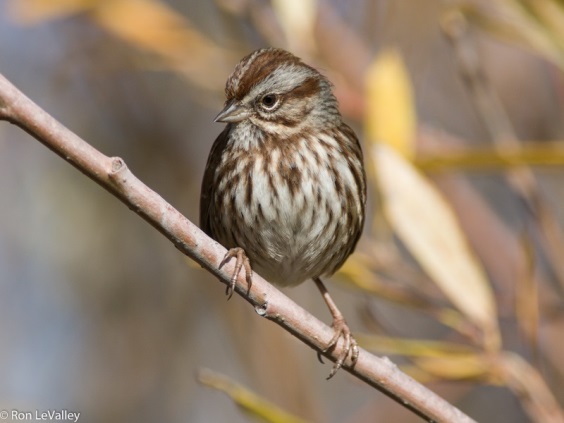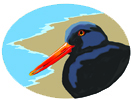
Spring is the time song birds return to our yards to breed and it’s time to start planning for the spring of 2014.
While many of us enjoy birds at our feeders, we can also attract them to what we plant in our yards. By growing a variety of native shrubs and trees, we provide nesting sites and foraging areas.
Try to create structurally diverse habitat by growing native plants of different heights and groupings. The understory of shrubs and herbaceous plants is important for birds.
Try to leave dead standing trees and limbs. More than 50% of birds depend on these natural structures for nesting cavities. Leaving grass cuttings and brush piles provides shelter, nesting material, foraging grounds and even nest sites.
You can also help our feathered friends by reducing predators. The biggest impact is outdoor cats. Researchers estimate 100 million birds are killed daily in the United States by domestic outdoor cats.
Keep cats indoors, especially during breeding season when young birds are newly out of the nest. Discourage other predators such as ravens, jays, skunks and rats by eliminating outdoor food sources like pet food dishes, uncovered compost piles and open trash cans. Many songbirds nest close to the ground or in weedy areas. Create “no-mow”areas for nesting and important food sources.
Song Sparrow photo by Ron LeValley www.LeValleyphoto.com
